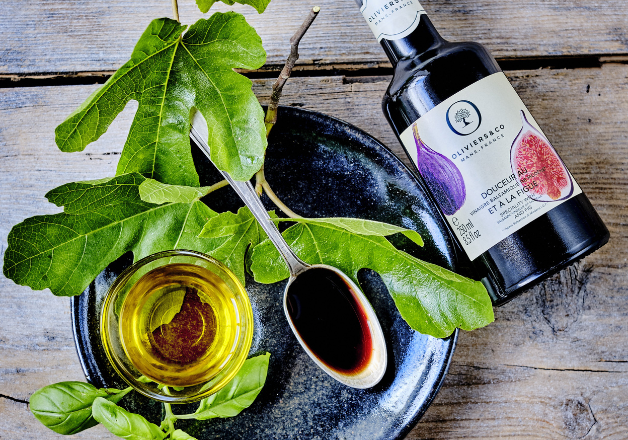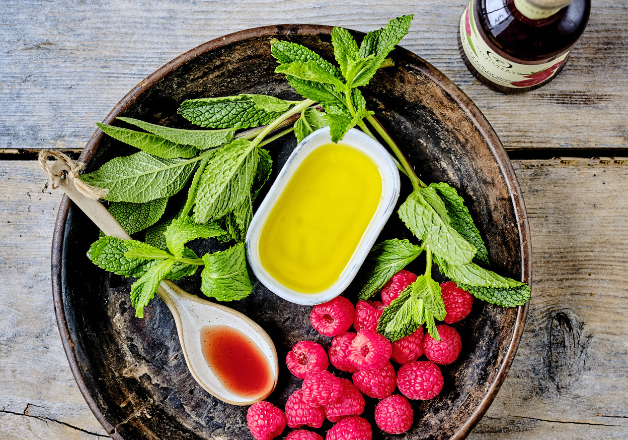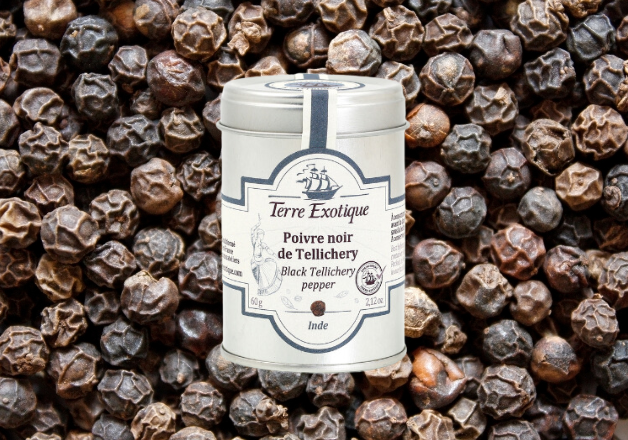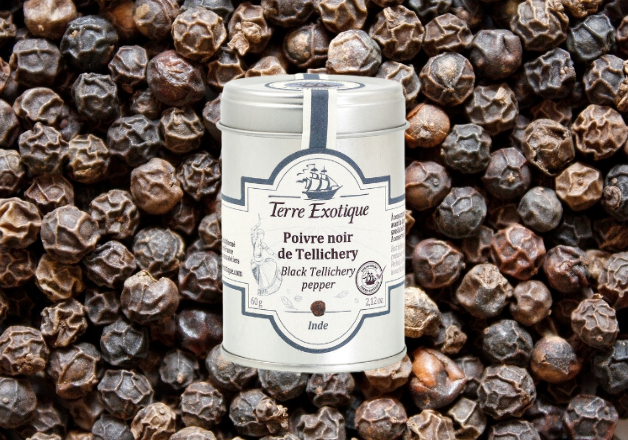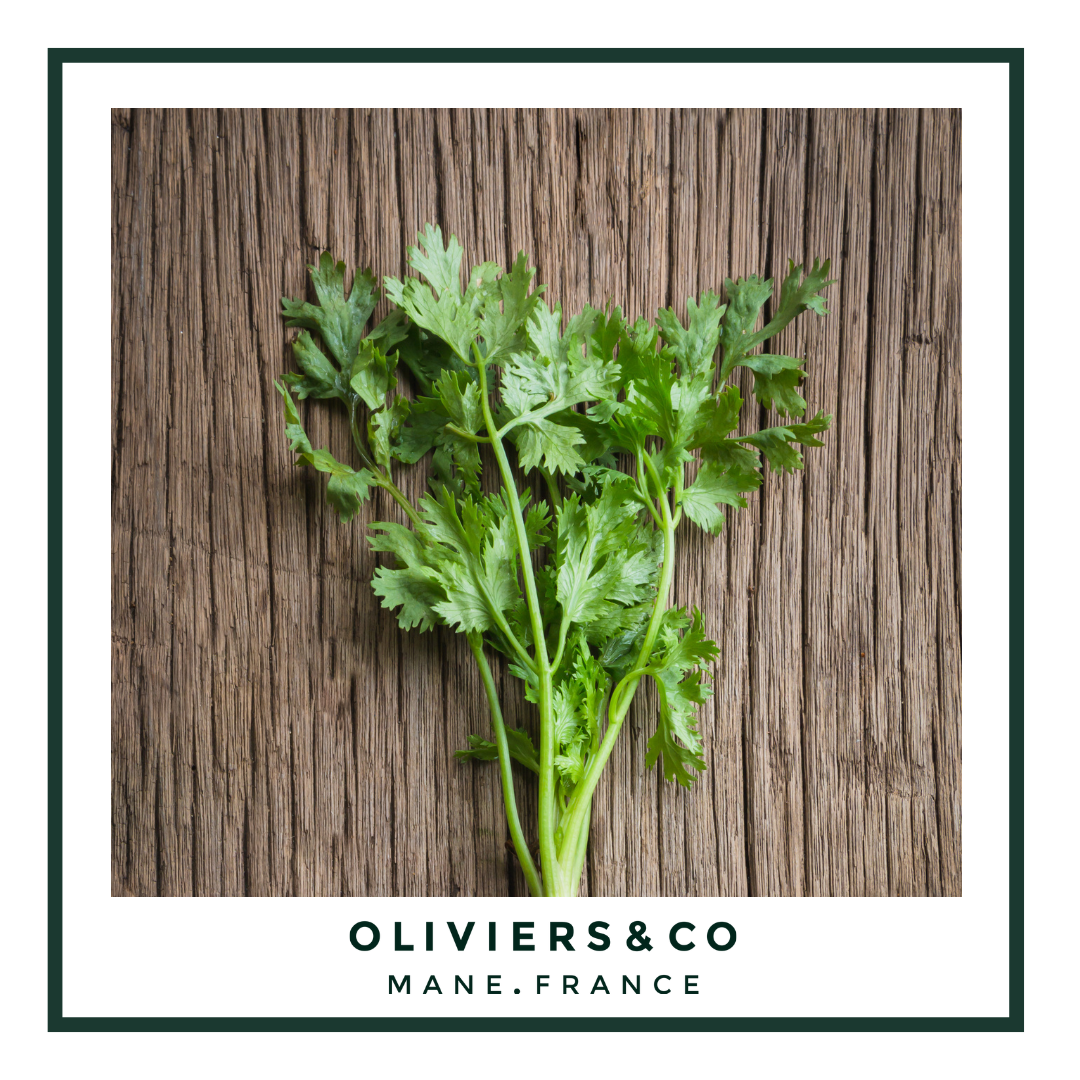

In the family of aromatic herbs, coriander is often the least appreciated. And yet, in addition to offering a unique palette of flavors, this versatile plant has a rich history and health-giving properties.
Its history
Archaeological evidence suggests that the Egyptians were already using coriander over 5,000 years ago, considering it a sacred plant with healing powers.
Then it was the turn of the Greeks and Romans to adopt this aromatic herb in their cooking, recognizing its culinary and medicinal virtues.
Over the centuries, coriander has travelled the world, taking root in different cultures and becoming an essential ingredient in many traditional cuisines.
Coriander nutrients
Much more than just an aromatic herb, coriander is packed with nutrients essential for godd health. These include vitamins A, C and K, as well as minerals such as potassium, calcium and iron.
What's more, coriander is an important source of antioxidants, such as flavonoids and phenolic acids, known to help protect cells from free radical damages.
The health benefits of coriander
Digestive benefits
Coriander is renowned for its carminative properties, which help relieve digestive disorders. Consuming coriander soothes the stomach and promotes healthy digestion.
Anti-inflammatory effects
The compounds present in coriander have anti-inflammatory properties, making it an effective natural remedy for joint and muscle pain.
Cardiovascular support
Studies suggest that coriander can help reduce levels of LDL cholesterol (bad cholesterol) in the blood, thereby reducing the risk of heart disease.
Blood sugar management
Coriander can help stabilize blood sugar levels, making it a valuable ally for people with or predisposed to diabetes.
How to use coriander?
Fresh coriander leaves
Finely chopped, its leaves add a touch of pep to your salads, soups, rice dishes and curries. You can also use them as a garnish for meat or fish dishes.
Coriander seeds
Roasted and ground, they add a delicious aroma to vegetable dishes, marinades and sauces. They can also be added to homemade spice blends for even more flavor.
Coriander infusion
You can infuse coriander leaves in hot water to make a soothing herbal tea.
Coriander Olive Oil
Our new creation combines the herbaceous freshness with the lemony taste of coriander. Ideal for flavoring turkey skewers, snacked tuna, stuffed zucchinis or to spice up your guacamole.

















